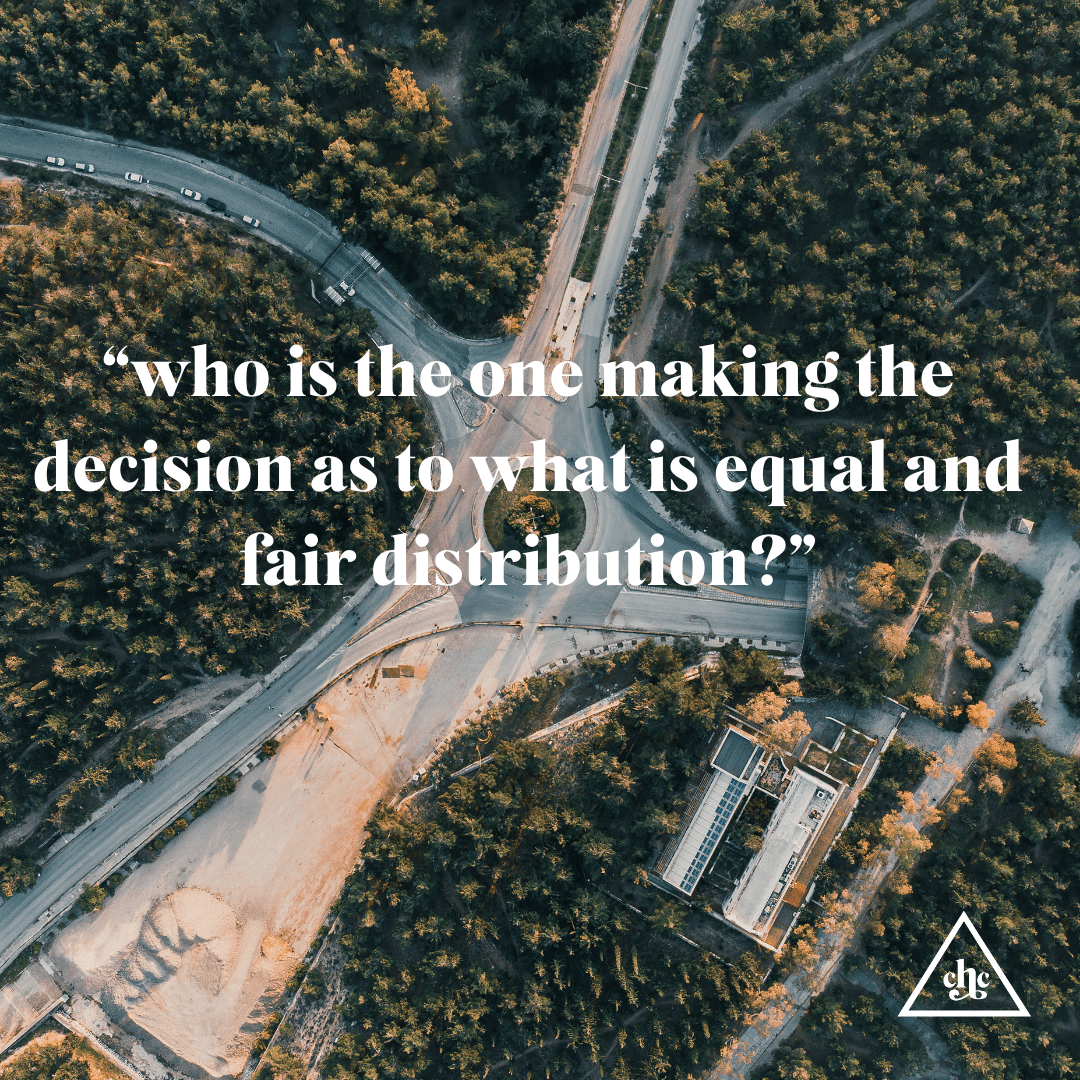Capitalism is the allocation of goods and services.
It is argued capitalism is the best method to accomplish earthly allocation assuming the two premises:
1-There is limited amount of resources on the planet
2-All things considered, human wants have an unlimited and insatiable appetite for consumption
Explaining the first premise is easy and should be obvious. There is not enough of everything to give everything to everyone. Whether it be chickens in every pot, lobsters on a plate, fancy cars or houses, there is simply not enough raw material and labor in the world to fulfill everyone’s needs and desires.
Although some may debate separating out “needs” from “desires”, the argument is subjective, and as a result, can only be argued. That being said, the economic term used for this premise is called “scarcity”.
“Scarcity refers to the basic economic problem, the gap between limited – that is, scarce – resources and theoretically limitless wants. This situation requires people to make decisions about how to allocate resources efficiently, in order to satisfy basic needs and as many additional wants as possible”- Wikopedia.
I couldn’t have said it better myself. The above definition also nicely addresses premise two, that human wants are unlimited.
This is valid whatever the combination of needs versus wants is debated. The sum of the two are insatiable due to our human nature.
When a finite amount of “stuff’ meets an unlimited amount of “desire”, the problem of allocation arises.
Capitalism is the method by which this allocation is managed. Some would argue the earth contains enough for everyone, but the reality is that location, seasonal availability, or other limiting factors may still make the condition of limited supply valid.
In any case, the study of economics does accept the principal of scarcity, which is a limited amount of goods and services meeting an unlimited desire for them.
Although many economic systems have attempted to allocate such limited goods fairly, the ”fairly” part is always subject to human weaknesses. Basically, the thought is “who is the one making the decision as to what is equal and fair distribution?”.
There is always disagreement among those being allocated and those doing the allocating. Hence, the problem, and it is an ancient one.
Enter capitalism. Its system, unmolested, accomplishes the allocation problem quite succinctly, as those trying other systems instead quickly discover.
Capitalism is, in its simplest form, someone buying something from somebody else, both of whom are in agreement as to the terms of the transaction. Everything else is an offshoot of this basic transaction.
There is always two parts of a transaction where each party must perform for the other.
Swapping an apple for orange is a trade, also known as barter. If the terms are not agreeable to both, the transactions are not possible. In barter, a direct swap is agreeable to both parties.
If barter is not possible for whatever reason, a reasonable facsimile is used. Currency is this facsimile.
Provide an apple for this much currency, and one person walks away with what they want (the apple) while the other walks away with the means to acquire what they want at a later date, using the currency to acquire it.
The basic concept of supply versus demand is therefore illustrated. Barter is a balance of supply and demand. A single transactional swap. A currency is used when a swap is not possible and there exists an imbalance of supply and demand for whatever reason.
Capitalism, using the tool of currency, addresses supply and demand through sheer possession. Much like a swap, where a person with an orange swaps with a person with an apple, currency just replaces the apple with a means to an end that will accomplish the swap at a later date.
Although capitalism is often maligned to persons with excess amounts of currency (the rich), no one ever seems to chastise the successful farmer with a lot of apples, although the two things are the same.
The old saying goes “no one is poor because someone else is rich”. The same could be said of two men with a differing amount of apples.
Why does one have more apples than the other?
I will leave that to your imagination.
Opinions expressed here are those of Mr. Cuniberti and may not reflect those of any media outlet. Mr. Cuniberti holds a degree in Economics from SDSU. For a list of the services offered by Mr. Cuniberti, call (530)559-1214. California Insurance License #0L34249. Medicare Agent approved. Email: [email protected].
Photo by Fotis Fotopoulos on Unsplash


